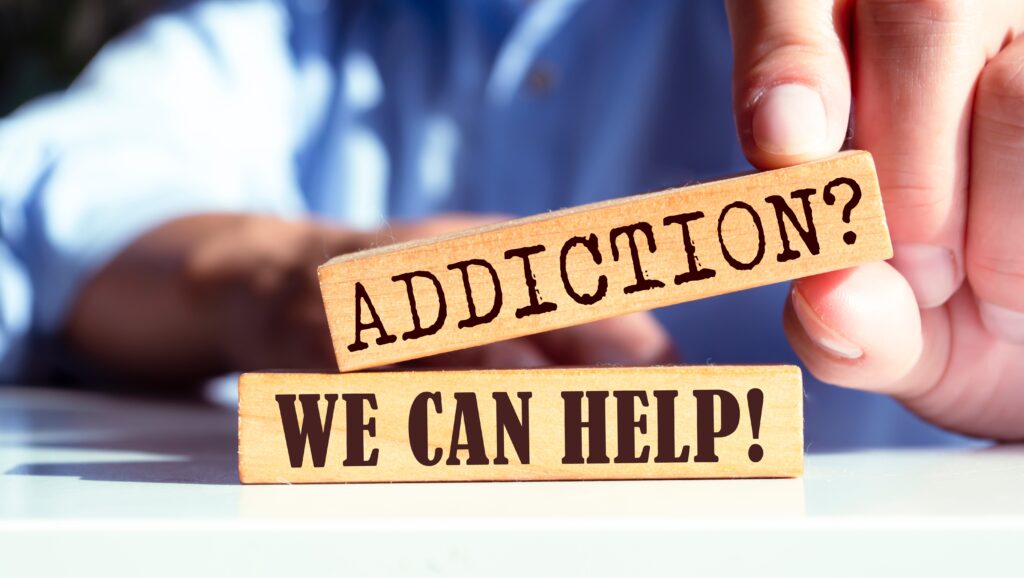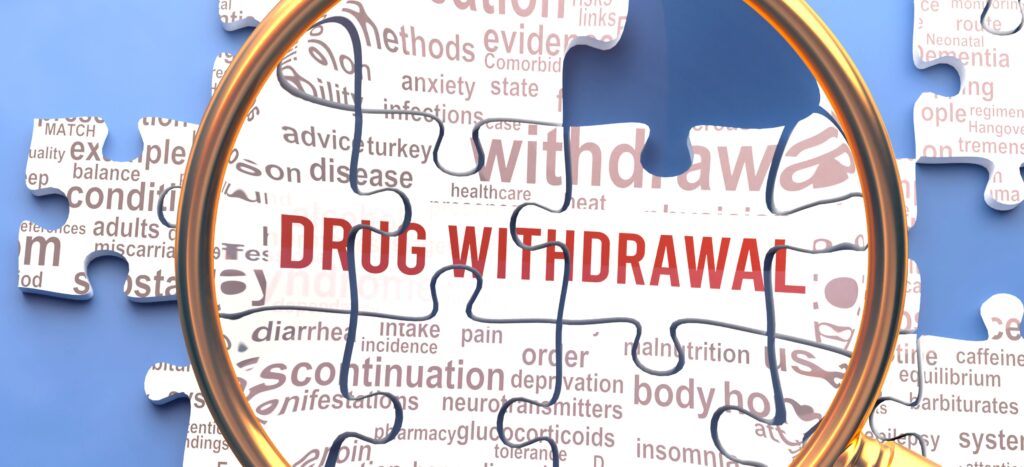There are various addictive substances that are deteriorating to one’s health including illegal drugs such as cocaine, methamphetamine, marijuana, etc., and prescription drugs such as painkillers and other stimulants. Both the classes of drugs are highly addictive, with illicit drugs being more dangerous than prescription medications. Heroin is an illegal drug that is popular amongst the addicts for its euphoric effects and providing the user with a sudden sense of pleasure and joy. Since these feelings last for only a short period, it leaves the users wanting for more, thus increasing the possibility of developing an addiction to the drug.
What is Heroin and How It Causes An Addiction?
Heroin is extracted from the morphine alkaloid found in the opium poppy plant. Pure heroin is in the form of white powder and is commonly used for its euphoric effects. Various studies reveal that heroin is a highly addictive drug and is two to three times more potent than morphine. The most common way to consume heroin is to inject, smoke, or snort the powder up the nose. Users feel the rush, and experience pain-relieving and anti-anxiety properties.
Heroin can be in the form of white or brown powder, but it is also found as a black sticky substance known as black tar heroin. In the United States, heroin stands first in the list of most abused opiates. Not only this, but the drug is also responsible for causing more deaths as compared to other opiates. Potent opioids such as carfentanyl and fentanyl are also found in the heroin sold on the streets. These opioids can be deadly for users who are unaware of its presence in the drug.
Heroin starts acting very quickly the moment a user decides to smoke, snort, or dissolve it in water to be injected directly into the vein. It rapidly mixes in the blood and reaches the brain to source out feelings of happiness and euphoria. The drug also makes the person feel joyous and has a calming effect on their brain. These happy feelings attract the users to try the drug once more until it eventually becomes a part of their lifestyle and they develop an addiction to the drug. Also, the fast action of heroin on a brain poses a lot more health risks than other addictive substances.
Sometimes the street heroin is also mixed with harmful chemicals such as baking soda and even bleach to dilute the purity of the drug. This is a way for the dealers to make a profit by selling less quantity of heroin for the same price. But, all this for a cost of what? Chemicals like bleach are poison for the human body and can invite tons of health-related complications, coma, or even death.
As the user consumes more heroin, they start developing a tolerance for the drug. Meaning, they now need more heroin to get the same high as they used to before. This gradually increases their heroin consumption which leads to both physical and psychological dependence. At this stage, even if the user wants to quit, they would not able to do so due to the withdrawal symptoms. This is called heroin addiction.
Effects of Heroin Addiction
When ingested, heroin metabolizes to morphine and other compounds that bind to the opioid receptors in the brain. This makes the brain depend on the drug and send constant urges in its absence. The user can get a sudden rush accompanied by a dry mouth, a warm flushing of the skin, and heavy extremities. Also, the drug induces several short-term and long-term effects on the body on both physical and psychological grounds.
The short-term effects include:
- Dry mouth and less production of saliva.
- Euphoric effects
- Flushed and a warm skin
- Heaviness in arms and legs
- Nausea and an upset stomach.
- Fuzzy and a confused brain.
- Being in and out of drowsiness constantly.
Long-term effects of heroin addiction:
- Lack of sleep
- Collapsed veins
- Infections in heart valves and lining.
- Abscesses and cellulitis
- Heroin addicts have a higher chance of getting HIV/AIDS, hepatitis C, and hepatitis B.
- Deteriorating kidney and liver
- Tuberculosis and pneumonia
- Several mental health disorders.
- Menstrual problems and even miscarriage.
Aside from this, heroin addiction can also cause personal problems that include relationship issues, financial crisis, losing friends, and distancing from family members. All this may seem right at the moment but can affect an individual once they sober up.
Withdrawal Symptoms
Heroin is a highly addictive drug with the ability to cause addiction very quickly. This means that once a user stops using the drug, it causes uneasiness and numerous other physical and mental complications. These are known as withdrawal symptoms where the body reacts in the absence of the substance. Heroin addiction causes the following withdrawal symptoms:
- Cold flashes with goosebumps, also known as cold turkey.
- Kicking movements.
- Bone and muscle pain.
- Restlessness
- Nausea and diarrhea
- Insomnia
- Uncontrollable leg movements.
Majority of these withdrawal symptoms peak between 48 hours and 72 hours of leaving the drug. These symptoms continue for about a week and then start fading away. However, this one week of suffering and pain is unbearable for the addict, where they eventually give up and start using again. Although, withdrawal symptoms caused due to heroin addiction are much less dangerous than those caused by alcohol.
Heroin Overdose
Many people overuse the drug which eventually puts them in a more dangerous situation which can result in coma or even death. This condition is called heroin overdose where the user intake quantities more than their body can handle. Heroin overdose can cause extreme drowsiness, slow and halted breathing, blue lips, and fingernails, slow heart rate, coma, pinpoint pupils, and death.
If you experience any one around you suffering from an overdose, it is highly recommended to contact the emergency personnel immediately. Heroin overdose is an emergency that needs immediate medical treatment with naloxone. For commercial use, this medication comes as a nasal spray called Narcan Nasal or as an injectable device. If you have it at your disposal, you can use it yourself or call a medical professional to get proper help.
Many pharmacies sell naloxone without a prescription and you can leverage this to keep the medication with you in case of an overdose emergency. This becomes important if you have friends or family members who are using opioids or are seeking treatment that involves the use of opioids.
Conclusion
Heroin addiction can put your physical and psychological health at risk and can keep you under its influence for a very long time. The effects of addiction don’t fade away so easily and people continue to seek treatment for years to come. So, it is best to not fall prey to the tempting drug that heroin is. And, even if you have, you can opt for treatment as soon as possible. Any delay in seeking help can backfire and make your condition even worse.








